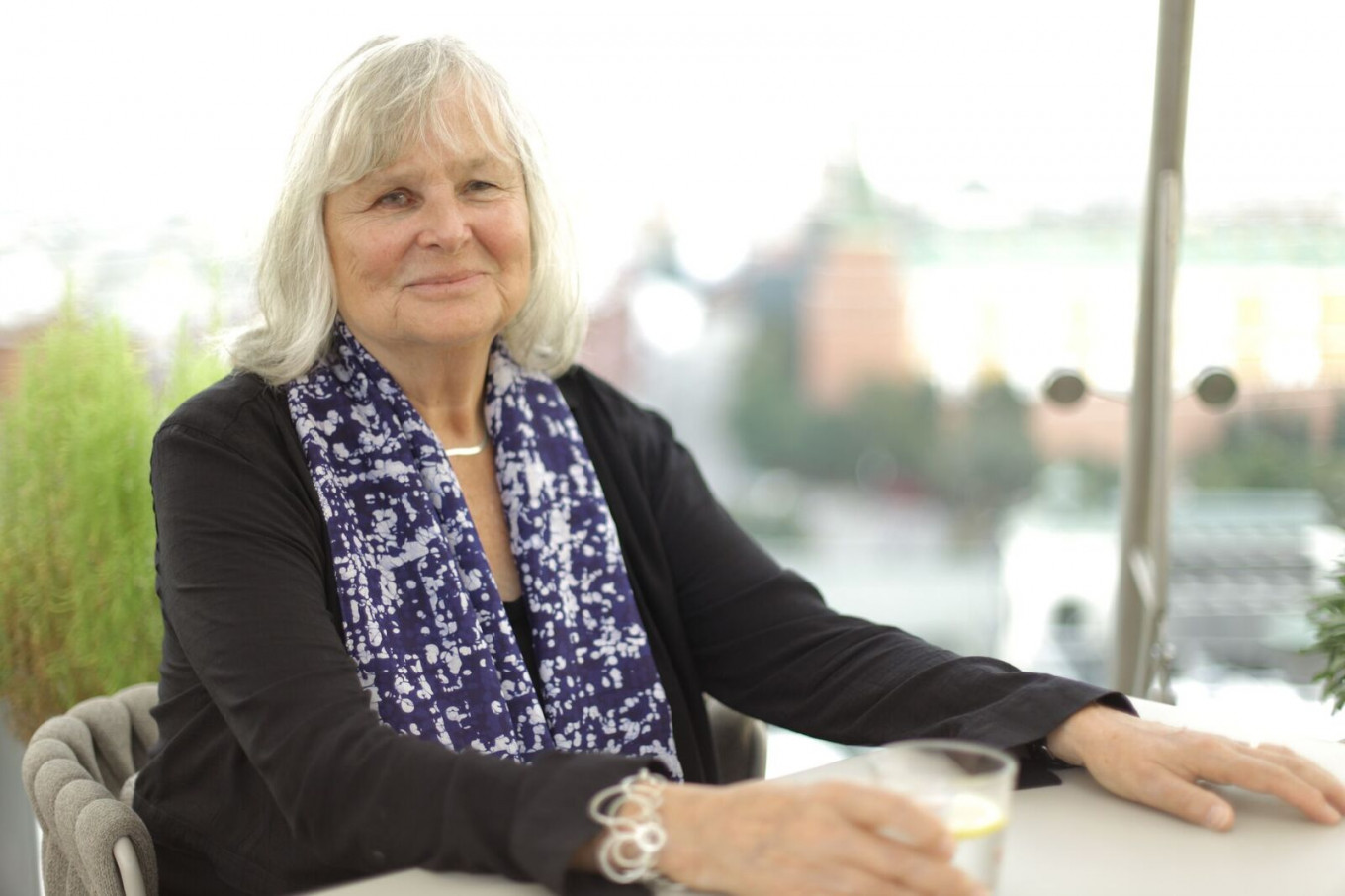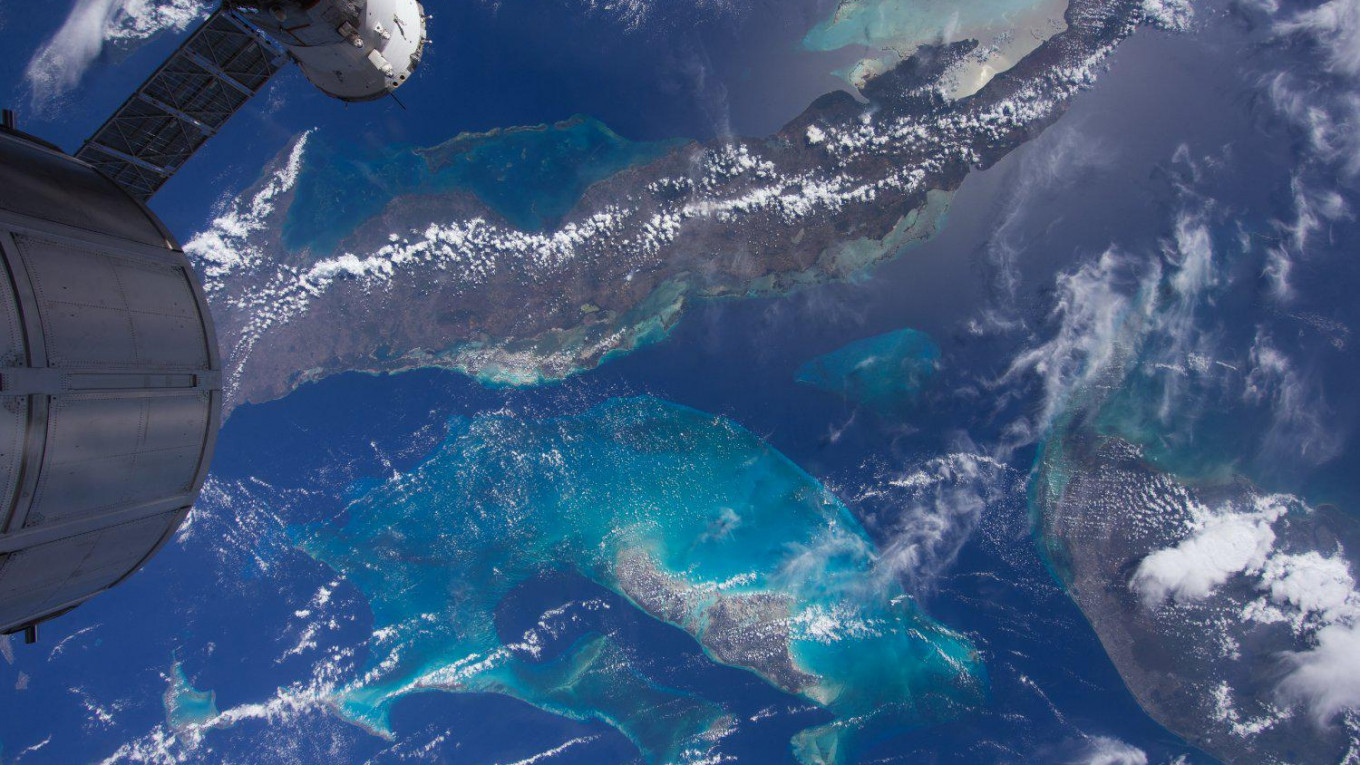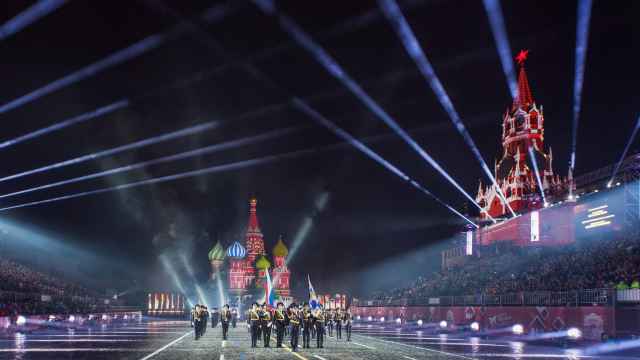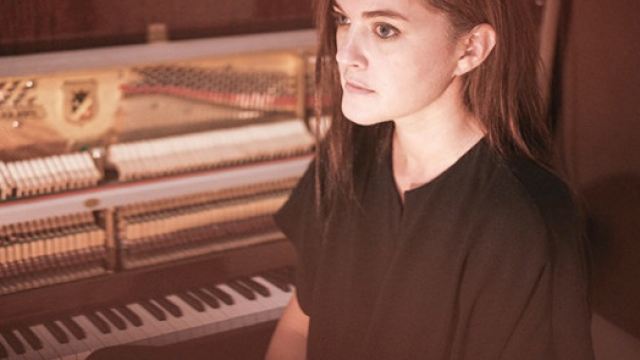Every now
and then the International Space Station (ISS) becomes visible in the night
sky. But few realize that the rapidly orbiting spacecraft — which to the naked
eye looks like a shooting star — is also looking down at them. The breathtaking portrait
of earth captured from the ISS is at the heart of “A Beautiful Planet,” an IMAX
film released last week to Russian audiences.
“The thematic idea was to compare the space station to spaceship earth — the metaphor being that they are both closed loop life support systems outside of which humans cannot survive,” said Canadian Toni Myers, the director of the film, in an interview with The Moscow Times. “The one big difference is that earth doesn’t get any resupply ships.”
Astronaut Cinematographers
Cameras and lenses for the filming process were delivered to the ISS aboard a SpaceX Dragon spacecraft, which was launched from Cape Canaveral in 2015. Over 15 months crew members shot footage of planet earth, and, for the first time ever in an IMAX production, the cameras were digital. “The biggest difference of all was being able to film scenes of the earth at night. The IMAX 75 millimeter film was far too slow for that — all you could see was black sky,” said Myers.
Barry “Butch” Wilmore was the first astronaut to start shooting Beautiful Planet. “As you go through the cycle, every 16 to 28 days you get a full moon or no moon, so it was important to experiment with different settings based on how dark it was at night,” said Wilmore. “The colors in the Bahamas with a full moon at night are just unbelievable.”
Myers has previously worked on seven films about space, the first being “The Blue Planet” in 1990. Her trip to Moscow to promote A Beautiful Planet wasn't the first time the director has been to Russia — in 1987 she travelled to the Soviet Union hoping to fly IMAX cameras on the Mir space station.
“It didn’t happen on that trip, but we got there eventually. Glavcosmos and Nasa embarked on a series of joint flights where the shuttle would dock with Mir. Those flights were to prove if two countries could work together to build the international space station. And so NASA in fact asked us to document those historic dockings of the flight. We said, ‘Sure.’”
Now fully completed, the ISS cupola segment provided the perfect observation for capturing images of planet earth and other celestial objects. Myers partnered with NASA and was regularly in contact with ISS crew members via Mission Control.
The schedule of astronauts aboard the ISS is incredibly full when they are on a mission, so much of the filming was completed during their free time, in the evening and at weekends. Myers and cinematographer James Neihouse compiled a list of items they would like footage of, such as Christmas in the space station and parts of the daily routine, but astronauts were free to film as they wished: their unscripted conversations and observations making up much of the film's dialogue.
The film details everything from making an espresso in space to the “Veggie” research project where the crew grew a crop of Red Romaine lettuces in orbit to investigate how life could be sustained away from planet earth. Alongside the scientific breakthrough of cultivating crops in space, Dr. Kjell Lindgren, who was involved in the project, expressed his belief in the beneficial emotional effect of growing something green and living for crew members. “The space station can look a little soulless and sterile — it’s all white stainless steel and aluminum.”

Only One World
While the conditions for astronauts onboard the space station provide some fascinating viewing, it’s the incredible images of planet earth shot from space that really take your breath away, particularly when projected on the vast IMAX screen.
“The huge frame and the very sharp detailed image you get through the IMAX process it immerses the audience in an environment in a unique way — in a way that conventional cinema doesn’t do. You’re right inside the picture. It’s the peak of experimential cinema,” said Myers.
The remarkably high definition images Myers and her team captured reveal the devastating effects of human activity on the planet: from the gradual depletion of the Colorado River, to the melting of Greenland’s glaciers and the deforestation of tropical rainforest regions. The message is clear — we only have one world, and we should look after it.
“It’s not a film that intends to berate the audience for being bad stewards of the plant. The aim is to inspire young kids to try and come up with solutions to some of the problems that we face. To inspire them about what a unique and incredible planet we have and to tell them it’s worth looking after,” said Myers.
Other effects became more noticeable at night, when uninhabited areas are plunged into darkness and the world’s capitals are ablaze with human activity. Footage spans London before moving across Europe to South Korea where the country’s capital Seoul glimmers like a beacon. The border between North and South Korea couldn’t be more dramatic — the former is almost entirely in darkness, with none of the highly developed infrastructure of its southern neighbor. Meanwhile traditional barriers marked out on globes between countries become completely invisible from space — giving territorial disputes an interesting perspective.
While most of us will never make it to space, “A Beautiful Planet” will certainly take you as close as you’re ever going to get. It’s a fascinating experience for obvious reasons.
“The spirit of exploration is in our genes. The lure of someplace that few people have ever been is natural,” said Myers.
“A Beautiful Planet” (Prekrasnaya Planeta) is currently showing at the IMAX cinema at Karo 11 Otyabr. 24 Ulitsa Novy Arbat. Metro Arbatskaya. abeautifulplanet.imax.com
A Message from The Moscow Times:
Dear readers,
We are facing unprecedented challenges. Russia's Prosecutor General's Office has designated The Moscow Times as an "undesirable" organization, criminalizing our work and putting our staff at risk of prosecution. This follows our earlier unjust labeling as a "foreign agent."
These actions are direct attempts to silence independent journalism in Russia. The authorities claim our work "discredits the decisions of the Russian leadership." We see things differently: we strive to provide accurate, unbiased reporting on Russia.
We, the journalists of The Moscow Times, refuse to be silenced. But to continue our work, we need your help.
Your support, no matter how small, makes a world of difference. If you can, please support us monthly starting from just $2. It's quick to set up, and every contribution makes a significant impact.
By supporting The Moscow Times, you're defending open, independent journalism in the face of repression. Thank you for standing with us.
Remind me later.






